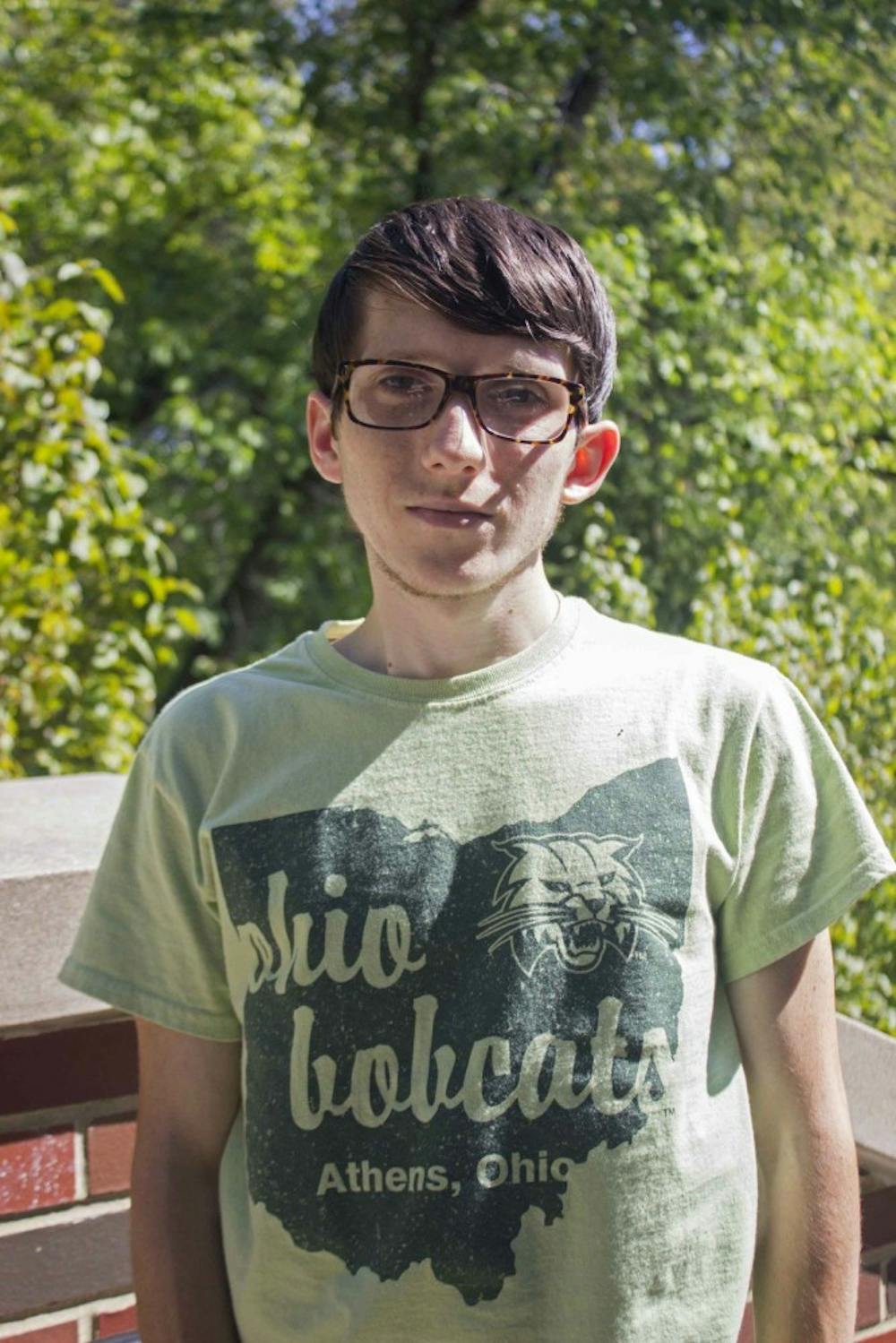EU strengthening borders is a foolish move that will only drive the southern states further down the drain and create black markets for migrant smuggling.
Recently, Secretary of State John Kerry said that in 2017 the U.S. would increase its total refugee acceptance to 100,000 rather than 70,000. And on September 20, tens of thousands of refugees came into Austria after being denied entry in Croatia, Hungary and Slovenia.
This so-called crisis is causing problems for many of the countries within the European Union as the Schengen agreement, which allows borderless travel between countries in the EU, teeters precariously on the edge.
Because the EU has been largely based on economic agreements and unsuccessful in political convergence, it is proving difficult for the 28 countries to “distribute” the refugees evenly.
Ironically, Hungary, a country whose roughly 40,000 migrants were harbored by Canada in 1956, is implementing vast stretches of barbed wire fencing along their border with Croatia. These largely independent decisions are not only causing tension within the EU, but they are also putting even more stress on those who are simply trying to find safety and opportunity for a new life.
“If they promise to seal the borders, they can’t,” said François Crépeau, United Nations Special Rapporteur on the Human Rights of Migrants, in an interview with Fox and Hedgehog. The idea Crépeau presents is something very logical: Just because a group of states disallows something does not mean it can or will be stopped absolutely.
Not only are stronger border restrictions something that tend to be unsuccessful unless they are 12th century moats, those that may be decided upon by the EU will only keep the migrants in the countries with the weakest economies. Greece alone cannot handle its own populace to stabilize the economy and adding to that thousands of homeless migrants would stretch the country to a breaking point.
If rather than attempting to enact Union-wide restrictions on refugees, the people of Europe were to individually open their homes and communities for those in need, there would be hope.
Asking a continent of people so much is far easier said than done, but cultivating a social atmosphere of compassion and selflessness must be a goal. If the people of the EU were to see these Syrian, Iraqi and Palestinian refugees as people rather than burdens flooding their countries, maybe this influx would not stress the EU as much.
Timothy Ash wrote in Foreign Affairs in 2012 that the EU is becoming divided economically between the northern and southern countries, with Spain and Greece being two examples of crumbling economies. If the northern nations have any chance of recovering the EU of economic unity, they cannot allow thousands of people migrate into the countries that are doing the poorest.
President Obama recently instructed his administration to increase the acceptance of Syrian refugees from 2,000 to 10,000 in the next year. While Obama was under pressure to respond to the problems the EU is currently having with so many people coming into their countries, 10,000 is a measly number for a nation so large.
Once again, to say that the United States should be allowing more people fleeing from Syria into this country is easier said than done, but it is easier done when the size of this country dwarfs Europe itself.
There are many charitable organizations like Habitat for Humanity, churches and more that can assist in providing the Syrian people places to live while they adjust. Not only are temporary housing options viable for these refugees, but also if the U.S. population of more than 300 million takes time to realize that these refugees are people in need, there may be more hope for many.
To come out and say that everyone needs to open their homes to as many people as possible is naive, but to ignore the situation completely would be heartless. As a people, this nation needs to embrace more selfless values in order to provide relief for wars and conflicts we have largely played a part in.
Brian Fogel is a freshman studying journalism and a photographer for The Post. What do you think of America’s refugee policy? Tweet him @FrianBogel or email him at bf111514@ohio.edu.






